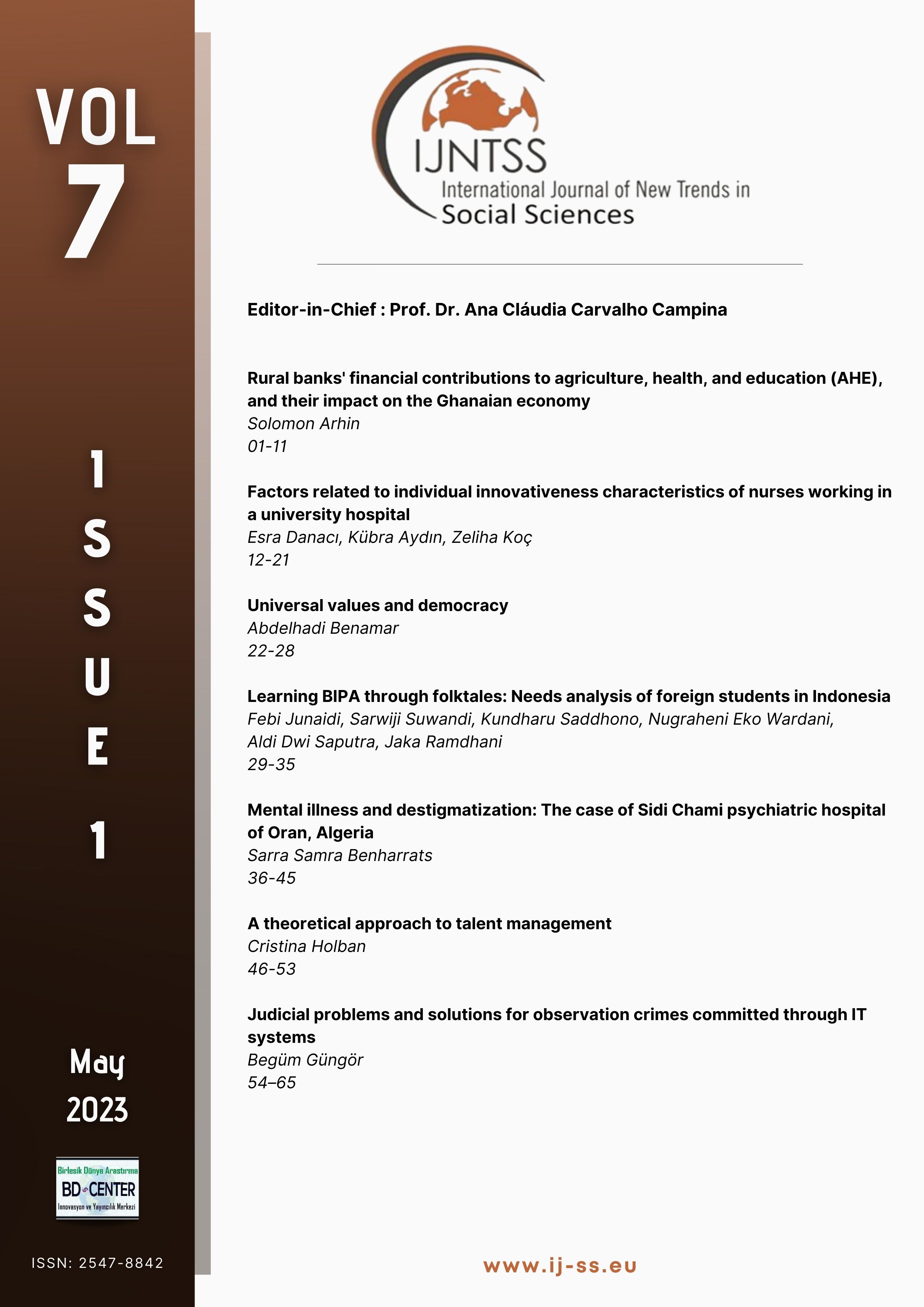Judicial problems and solutions for observation crimes committed through IT systems
Main Article Content
Abstract
With the development of technology and the introduction of the Internet and information systems in every aspect of our lives, new regulations have been made in our laws, with the anticipation that these systems will gain a dangerous dimension with the use of these systems by individuals for committing crimes. Information crimes are regulated in the Turkish Penal Code No.5237. However, some crimes regulated the Turkish criminal law can be committed by information systems, although they are not regulated separately as cybercrimes. This study aims to deal with the issue of obscenity crime, which is one of these types of crime and is of great importance since its definition may change over time, and it is commonly committed through information systems. This study will focus on the most common situations we encounter in practice in terms of obscenity crime. The researcher makes explanations with the Supreme Court Decisions by addressing the problems that arise in terms of Criminal Procedure Law.
Keywords: Cybercrime, eroticism, informatics, information technology, obscenity, pornography;
Downloads
Article Details

This work is licensed under a Creative Commons Attribution-NonCommercial-NoDerivatives 4.0 International License.
Authors who publish with this journal agree to the following terms:
- Authors retain copyright and grant the journal right of first publication with the work simultaneously licensed under a Creative Commons Attribution License that allows others to share the work with an acknowledgement of the work's authorship and initial publication in this journal.
- Authors are able to enter into separate, additional contractual arrangements for the non-exclusive distribution of the journal's published version of the work (e.g., post it to an institutional repository or publish it in a book), with an acknowledgement of its initial publication in this journal.
- Authors are permitted and encouraged to post their work online (e.g., in institutional repositories or on their website) prior to and during the submission process, as it can lead to productive exchanges, as well as earlier and greater citation of published work (See The Effect of Open Access).
